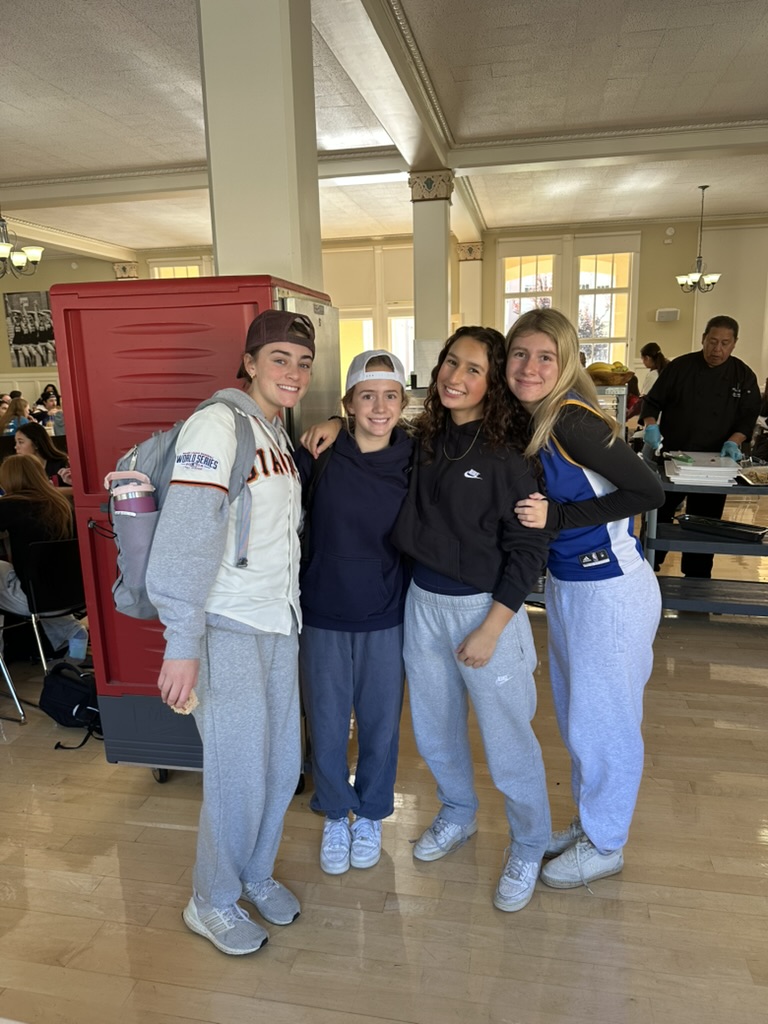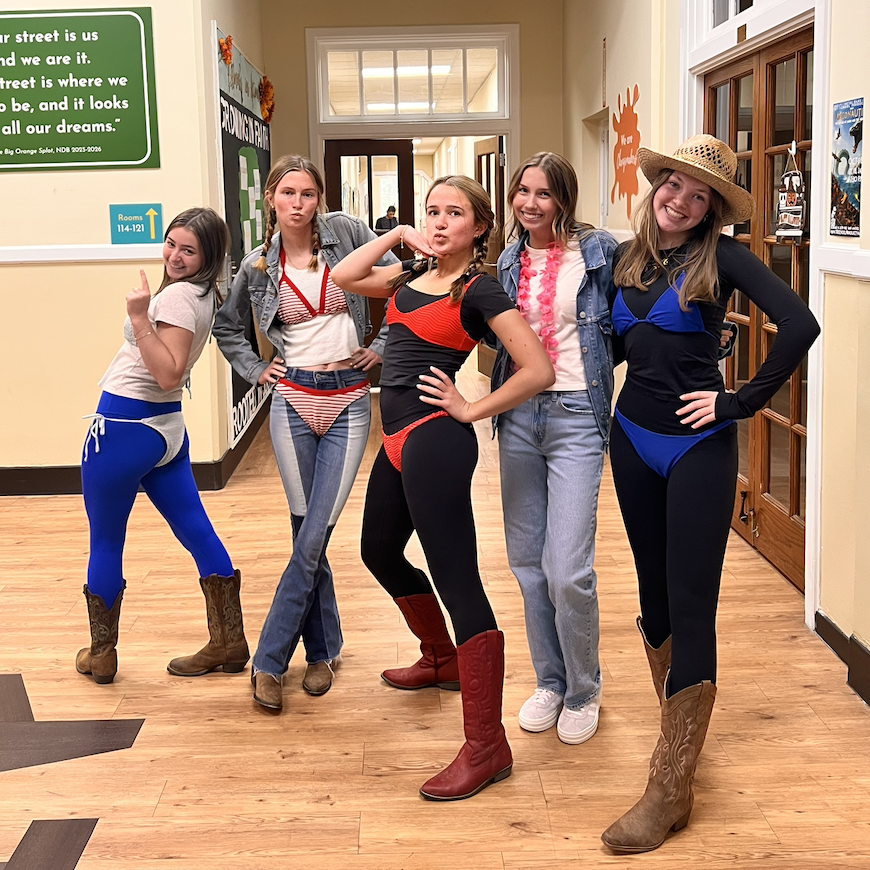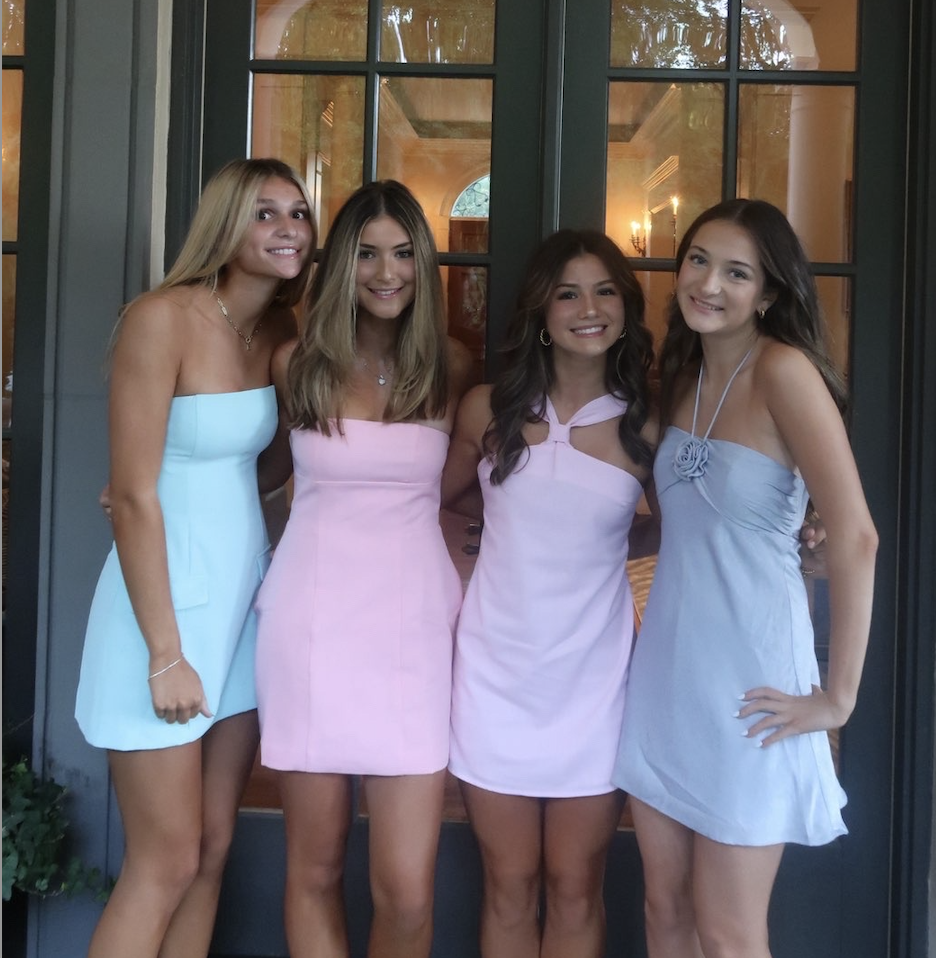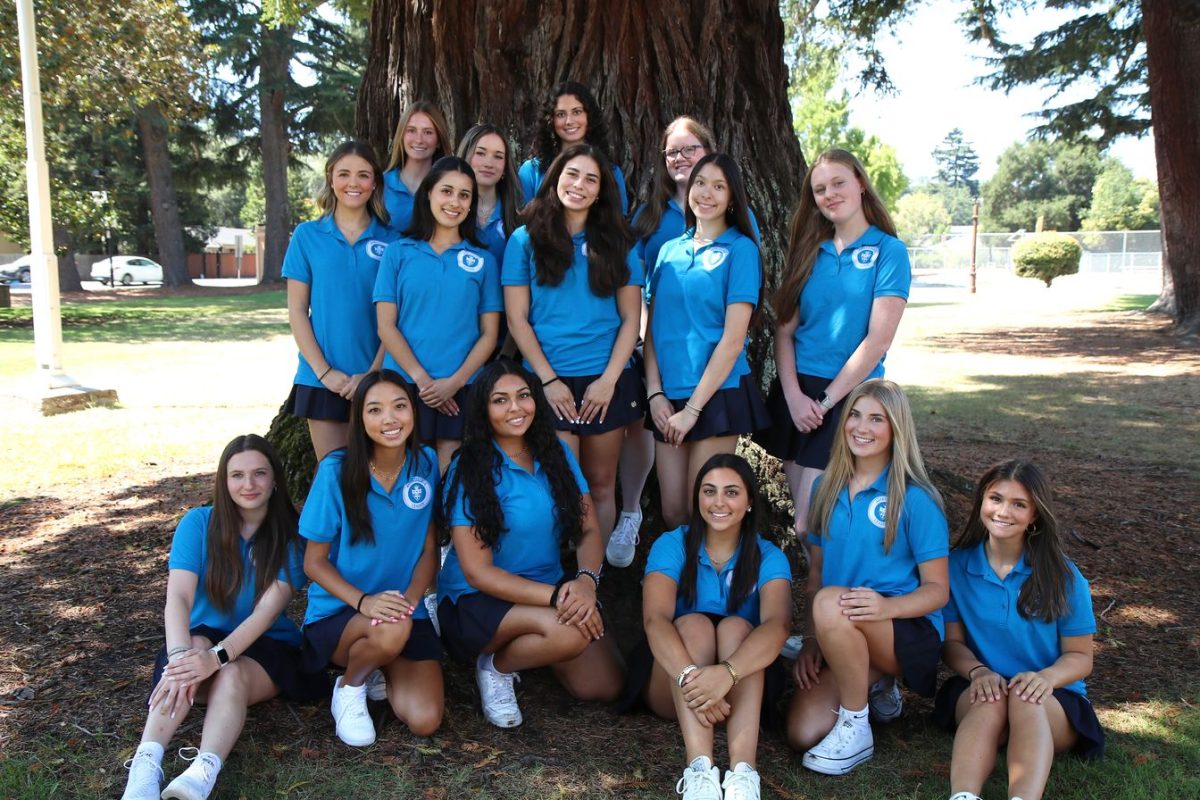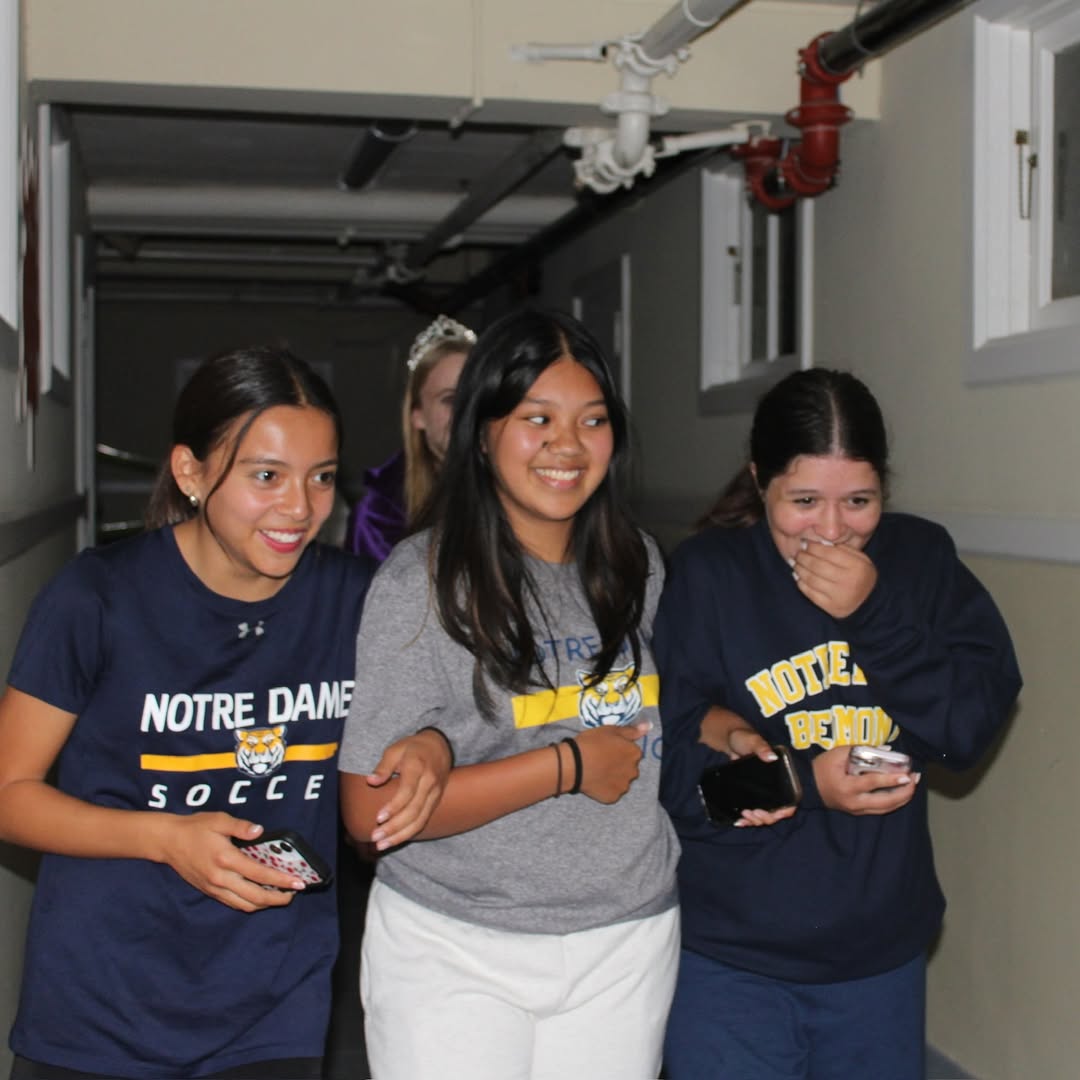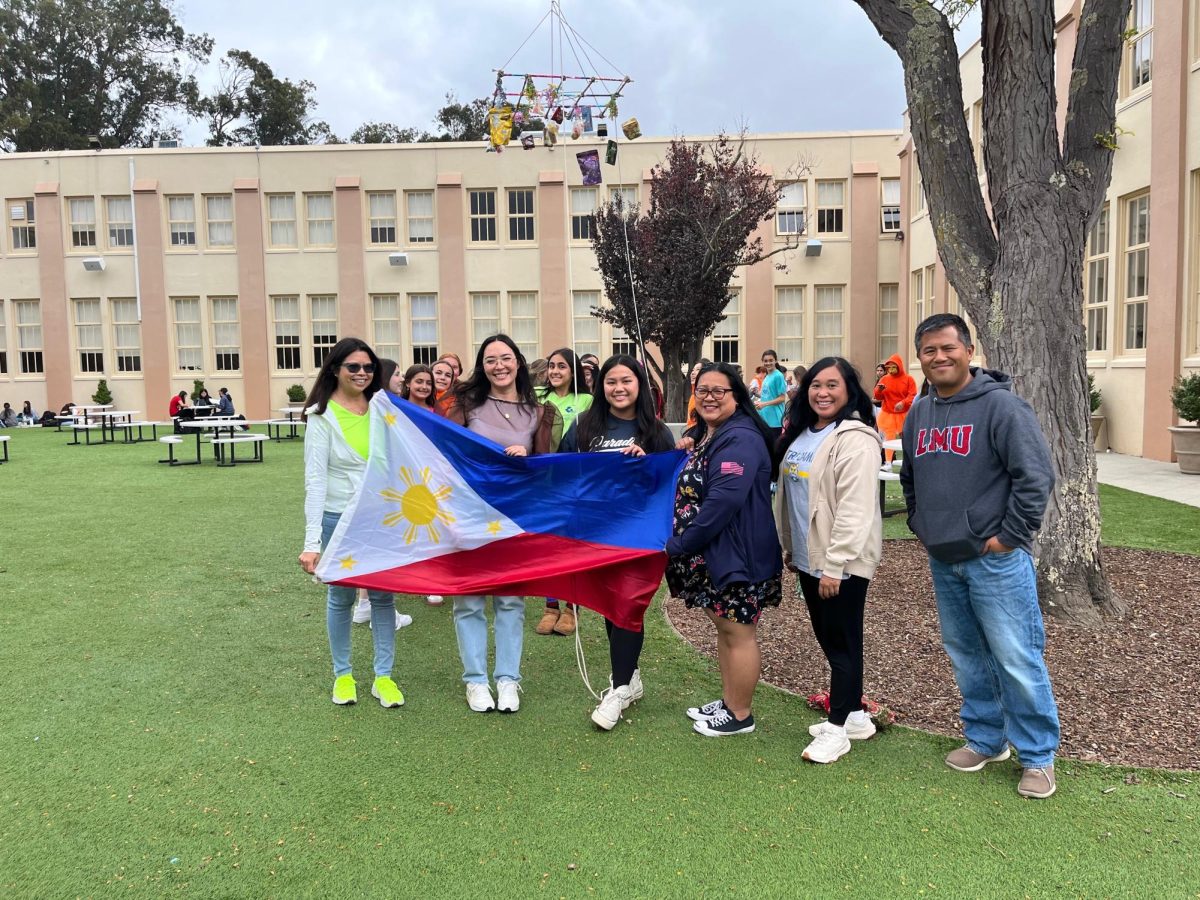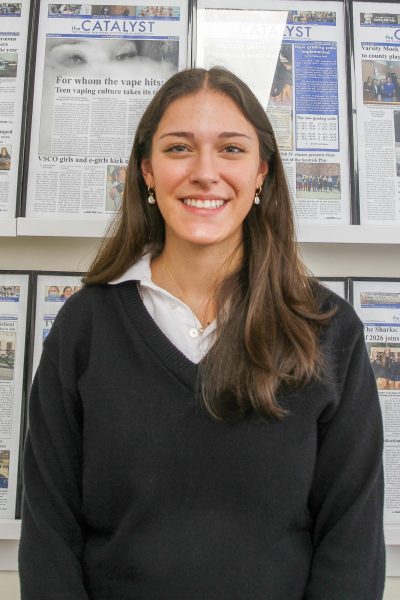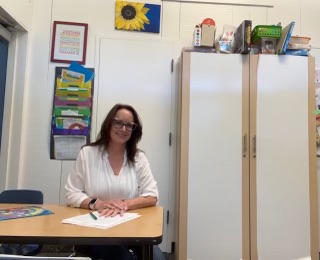
During high school, many students struggle to find a particular interest in a certain field of study after high school. To inspire students at NDB and celebrate April as Autism Acceptance Month, Kirsteen Keller shared her experience working as a speech-language pathologist in Hillsborough, California.
The Catalyst (TC): What attracted you to a career in speech pathology?
Kirsteen Keller (KK): I had a younger brother with significant ADHD who was in and out of special [education] when we were growing up. I [also] had a friend [who] was a speech therapist, and she kept saying to me that I should become one, but I kept telling her I wanted to be a teacher. Then, she told me [I could] do both, and it just pulled me in even more.
TC: What characteristics should a speech pathologist have?
KK: Patience – You need patience. [It requires] empathy and creativity, too, because, sometimes, you have to switch gears when you’re working with an adult or child.
TC: What advice would you give to young adults interested in a similar profession?
KK: Volunteering as much as you can. Interning can sometimes be a little harder, [so] I think volunteering is the way to go.
TC: What type of clients do you help?
KK: I’ve worked in early intervention, which starts at 18 months, and I’ve worked all the way up to 21 years.
TC: Growing up, did you always know you wanted to pursue this career?
KK: No, I wanted to be an occupational therapist and that didn’t work out so then I went into deaf education and this was the next step.
TC: How long does training take to become a speech pathologist?
KK: You have to get a bachelor’s degree, usually in communication disorders. You could also get a master’s in science, speech pathology and sometimes audiology, which is usually another two years. And, then you have two to three-month internships, one in a school and one in a hospital, [which is followed by] residence for six to nine months.
TC: What excited you about working in the public school system?
KK: I’ve worked in the schools, I’ve worked in the hospitals and I’ve had my own private practice. I like this because I like to be a part of the community with the teachers and the students.
TC: What does a typical workday look like?
KK: As a speech pathologist there’s what’s called an average, so there isn’t a cap but you can see up to 55 students, which is insane because students don’t get seen or don’t get effective therapy. In our school district, we have a lower caseload but the intensity of the students is higher, so I usually have 35 on my caseload.
TC: What is your favorite part about your profession?
KK: It’s the progress – Seeing the kids make the progress … It’s super rewarding. It’s one of those skills that isn’t going to be replaced by AI. It’s super rewarding and super fun and you can also work anywhere in the world, which is super cool too.

